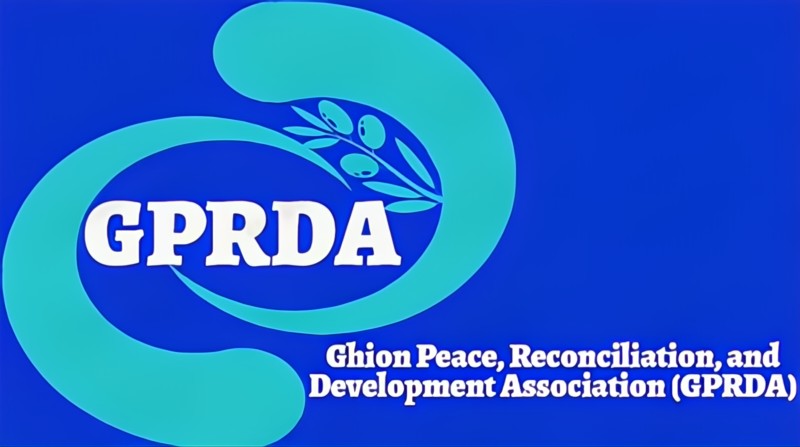Ghion Peace Reconciliation and Development Association (GPRDA) with the funding from Welthungerhilfe (WHH) organized a two-day training workshop to enhance the women’s inclusion in conflict prevention and peacebuilding on April 25 and 26, 2025, at Jan Tekel Hotel. The initiative aimed to empower stakeholders from diverse sectors to challenge outdated perspectives and foster gender-responsive representation in peace processes.
The workshop brought together representatives from community-based organizations (CBOs), faith-based organizations (FBOs), and civil society groups, all united in their commitment to amplifying women’s roles in conflict resolution. Participants included members of the Ethiopian Orthodox Church, Islamic, and Protestant communities, who engaged in vibrant discussions to dispel religious misconceptions about women’s roles, citing scriptural support for their active participation in societal affairs.
Officials from women’s and children’s affairs offices shared practical examples of the hardships women endure in local communities. Community leaders involved in marriage negotiations challenged stereotypes that women seldom participate in conflict resolution, sharing successful cases such as GPRDA’s mediation efforts between the Amhara and Qimant communities. They advocated for applying similar strategies across other conflict levels to raise awareness and amplify women’s involvement in peace processes.
The training provided an in-depth exploration of gender and peacebuilding, covering key concepts such as sex, gender roles, patriarchy, gender discrimination, gender equality, and feminism. Sessions emphasized the economic and social impacts of these issues in conflict settings and introduced practical peacebuilding tools like mediation and dialogue.
Structured into eight interactive sessions, the workshop employed self-reflection, group work, and guided questioning to foster active engagement and assess participants’ understanding. Early discussions clarified the distinction between sex and gender while addressing misconceptions, such as the notion that women are only indirectly influential or overly empowered. These myths were countered with scientific evidence and historical context, reinforcing gender equality as a vital response to systemic injustice.
Later sessions explored the disproportionate impacts of conflict on women and other vulnerable groups, underscoring the importance of female leadership in peacebuilding efforts. Participants examined the roles of CBOs, religious organizations, and traditional leaders in promoting gender-inclusive peace, while also sharing real-world examples and challenges.
Scenario-based discussions in the final phase analyzed barriers to women’s participation in peace negotiations, their unique contributions, and strategies to support their inclusion. Participants also discussed the long-term benefits of gender-responsive peacebuilding, generating actionable ideas to enhance community engagement and sustain peace through women’s leadership.
The training yielded significant improvements in participants’ understanding of gender, peace, and conflict concepts. Attendees expressed strong enthusiasm and resolve to integrate women at all levels of conflict resolution, from grassroots initiatives to broader peacebuilding frameworks. Many highlighted inspiring examples of women’s leadership in peace processes and emphasized the potential to replicate these successes in other communities.
The training not only deepened participants’ commitment to gender-inclusive peacebuilding but also uncovered a wealth of lived experiences and local practices that can be scaled and shared. These insights offer powerful lessons for promoting sustainable peace through women’s active and meaningful participation.





